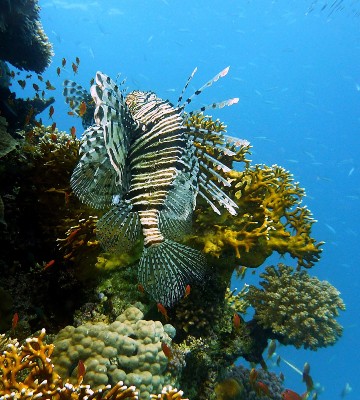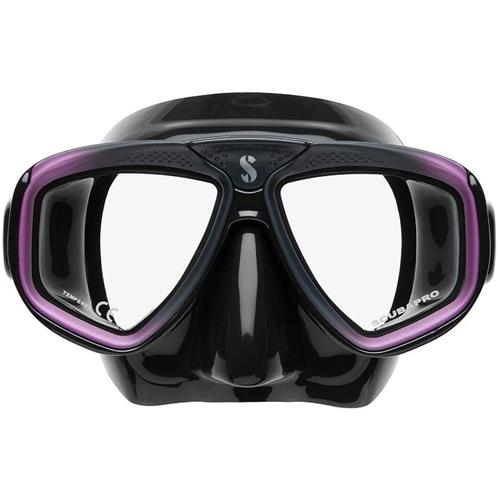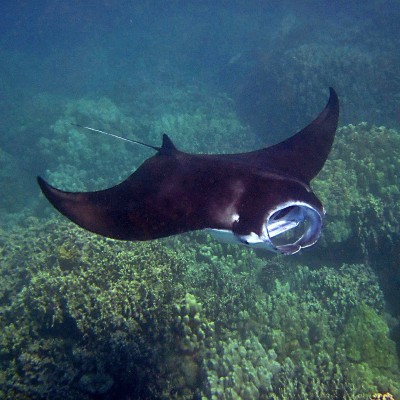- Home
- Diving Destinations
- Solo Female Scuba Travel: Tips for the Adventurous Diver
Table of Contents
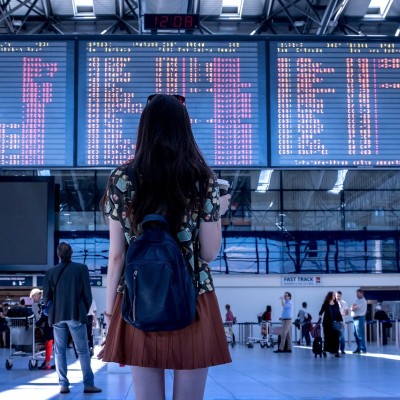
It wasn’t that long ago that the idea of a woman traveling alone was considered ludicrous. Thankfully, many brave and fierce women have embraced the spirit of solo travel and shattered stereotypes, inspiring others to explore the globe on their own terms. Every year, millions of women book solo trips to locations worldwide, seeking self-discovery and knowledge.
Our team finds solo travel to be empowering and wonderful – but we also understand that it can be stressful and overwhelming. We’ve created this list of tips to help you get the most out of your trip.
Pre-Trip Planning
Even with last-minute opportunities, it’s important to take time to do some pre-trip research. Here are the factors that should be considered during this research.
Safety Considerations
It’s no secret that the world can be a dangerous place. Before making any plans, it’s always a good idea to check travel advisories.
Travel advisories are official notifications issued by governments or authorized organizations to inform travelers about potential risks or dangers at specific destinations.
Types of advisories:
- Level 1 (Exercise normal precautions): This is the lowest level, indicating a destination is generally safe but requires routine vigilance.
- Level 2 (Exercise increased caution): This level suggests heightened awareness of specific risks like crime, civil unrest, or natural disasters.
- Level 3 (Reconsider non-essential travel): This level advises against non-essential travel due to significant risks like political instability, armed conflict, or major outbreaks of disease.
- Level 4 (Do not travel): This is the highest level, emphasizing an imminent threat to personal safety and advising against all travel.
In addition to providing a level, a travel advisory will provide further insight into potential dangers, local conditions, entry bans, visa requirements, and even quarantine measures.
To find up-to-date travel advisories, check your country’s government website or international organizations like the United Nations Office of Drugs and Crime (UNODC) or the World Health Organization (WHO).
Health Precautions
Different regions of the world expose travelers to different diseases. Diseases that could cause serious harm or even prove fatal to those without immunity. Before traveling, check with your doctor or a local health department to determine which vaccinations they recommend.
It’s also possible that the country you are traveling to could have vaccines listed as an entry requirement. Without proof of vaccination, you might be denied entry or be required to quarantine.
Scuba divers also need to be aware of the closest hyperbaric chamber near their diving destination. While no diver expects to experience decompression sickness, it is always a possibility. Yes, the diving operation you book with should have this information on hand in case of an emergency, but this is important knowledge to have, just in case.
Cultural Awareness
Traveling can open doors to mind-blowing experiences, often by immersing us in diverse cultures whose norms and traditions are very different from our own. It’s so important to educate yourself to navigate different cultures respectfully and avoid misunderstandings.
Here are a few things to keep in mind:
- Be aware of the local religious holidays and practices.
- Dress appropriately. In many cultures, clothing can be a powerful symbol of respect.
- Learn a few phrases in the local language. It shows a level of respect – even local greetings and thanks can go a long way!
Overall, a humble and adaptable attitude will help to enrich your own experience while building positive relationships with those in the local community. Remember – you might want to visit again and again!
Consider Travel Insurance
Travel insurance can provide a safety net. Travel insurance can help with:
- Trip Cancellations
- Medical Expenses
- Trip Interruptions or Delays
- Unexpected Expenses
Travel insurance is not the same thing as scuba diving insurance, although some companies, like World Nomads, can provide coverage for both. Be sure to read all of the Terms and Conditions before purchasing a policy so that you are clear on what is and is not covered.
Packing Tips
Every female traveler should do their best to pack light but also include personal safety devices. Here are a few suggestions of what you may want to consider adding to your packing list.
- Portable Door Lock
- Personal Alarm or Safety Whistle
- Portable Charger – Keep Phones Charged In Case Of Emergency
- Emergency Contact List
- List of Medications/Health Conditions
There are also clothing items that can double as a place to hide valuables – although it’s always best to leave valuables at home when possible. A great example is a travel scarf that provides a hidden pocket large enough to store phones and wallets in!
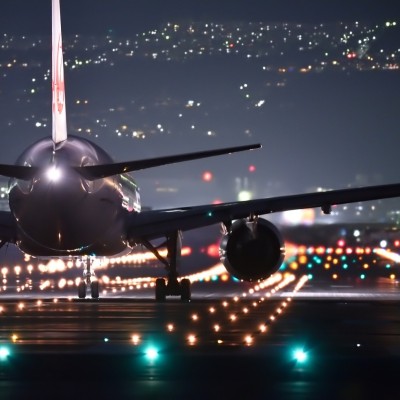
Safety While On-The-Go
During the trip, the following are ways you can improve your safety while traveling.
Communication
Check with your phone provider before leaving the country to determine if you will have coverage. If necessary, obtain a SIM card when you arrive for an affordable and reliable source of communication.
It may also be a good idea to get a portable wifi device for internet access.
Choose Reliable Transportation
When possible, rent your vehicle so that you’re in control of your transportation, or check with your hotel/resort. They can help you make arrangements when you leave the premises. Only use marked and recommended taxi services.
Be Vigilant
Stay aware in crowded areas, keep track of your belongings, and avoid distractions.
Ultimately, trust your instincts. If something doesn’t feel right, don’t force yourself to be in a situation where you feel uncomfortable.
Making Connections
One of the best parts of solo travel is the people that you meet along the way! While it’s certainly possible to meet other divers both at the resort and on the boat, it might be beneficial to join an online community developed specifically for other women who like to travel. Use these groups to connect with travelers going to the same destinations and to get recommendations.
Of course, always be cautious when sharing information with a stranger online.
In addition to meeting other scuba divers, explore other activities that are good for solo travelers. Horseback riding, hiking, and museum tours are all excellent options.
Handling Unexpected Circumstances
The unexpected can and will happen. The first thing to remember is that you should never be afraid to ask for help. Reach out to the hotel or resort you’re staying at, contact local law enforcement or your country’s local embassy, or call the travel insurance company you purchased a policy with. Remember, you might be traveling solo but you aren’t alone.
Embrace the Adventure That Comes With Solo Travel
The most important advice that we can offer is to have fun! Be open to new opportunities and learning experiences. The whole world is at your fingertips!
So fins up and happy diving!


